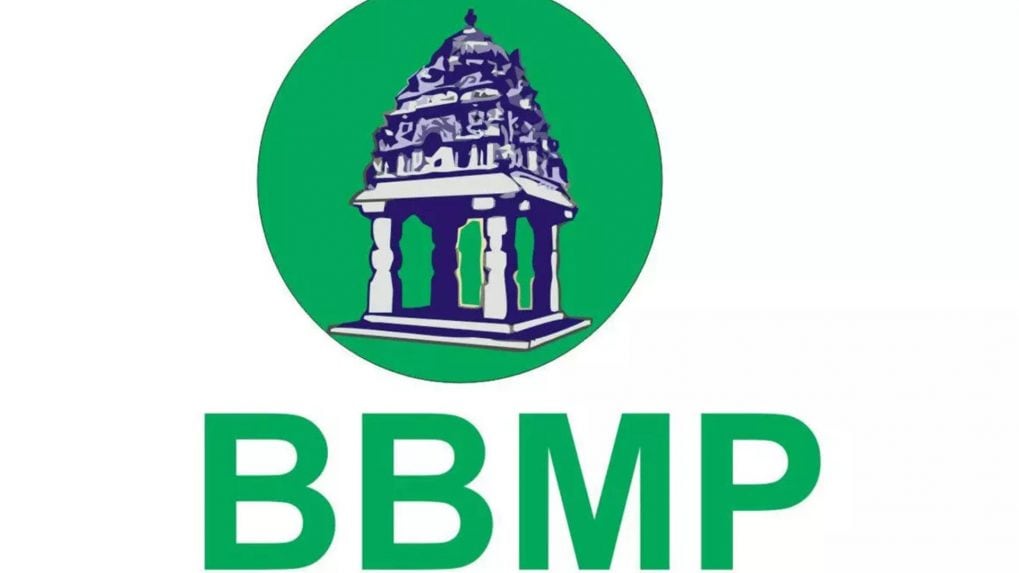BBMP's new ad policy favors big firms, say advertisers
According to the tender document, bidders are required to obtain fresh advertising rights, as the previous registrations—now over seven years old—have expired. They must also secure a No Objection Certificate (NOC) from the BBMP’s advertising department. Advertisers argue that this requirement disproportionately favours new entrants, particularly those from outside Karnataka, who are not required to submit a track record.
ADVERTISEMENT
In July, the Karnataka Government introduced a new advertising policy under the BBMP’s Advertisement Bylaws 2024. However, its implementation has drawn widespread criticism from advertisers. At a pre-bid meeting attended by over 60 companies, several concerns were raised regarding the fairness and viability of the tendering process.
According to the tender document, bidders are required to obtain fresh advertising rights, as the previous registrations—now over seven years old—have expired. They must also secure a No Objection Certificate (NOC) from the BBMP’s advertising department. Advertisers argue that this requirement disproportionately favours new entrants, particularly those from outside Karnataka, who are not required to submit a track record. Many allege that the system is structured to benefit larger firms, giving them a competitive edge, highlighted a media report.
Despite the lengthy and complex NOC process—mandatory for final tender submission—only two applicants had reportedly completed this step. Moreover, successful bidders are required to pay an upfront amount five times the bid value, a financial burden that many believe effectively excludes smaller and local players.
Under the new policy, advertising rights across the city will be limited to just eight companies—one per zone. According to some advertisers, this could create monopolies and significantly diminish the bargaining power of property owners. The policy also prohibits advertisements in public spaces such as footpaths and trees, compelling advertisers to rely solely on private properties for display space.
Further criticism has emerged over BBMP’s existing public-private partnerships with companies managing advertisements on bus shelters and billboards, which, according to advertisers, limits available space for new bidders.
Despite the concerns raised during the pre-bid meeting, the BBMP is moving ahead with the technical bid, scheduled for August 27. A BBMP official defended the policy, stating that it is modeled on Delhi’s advertising framework, which has Supreme Court approval and incorporates environmental considerations, stated the report.

